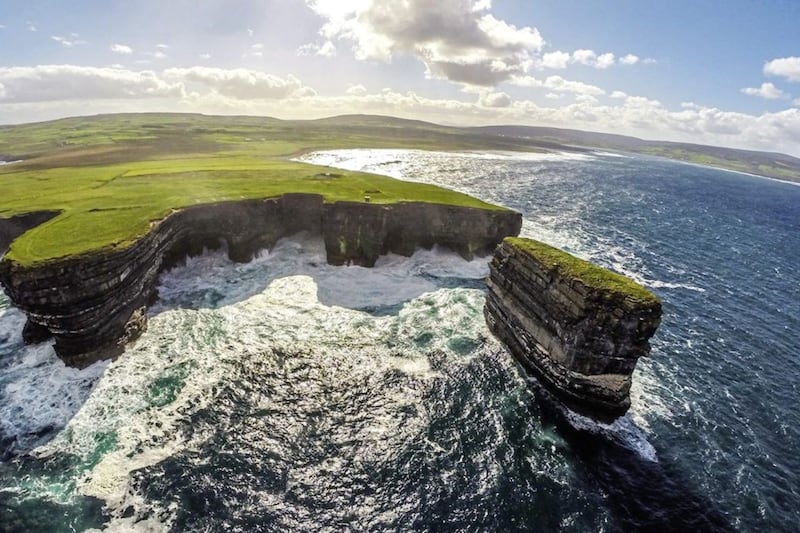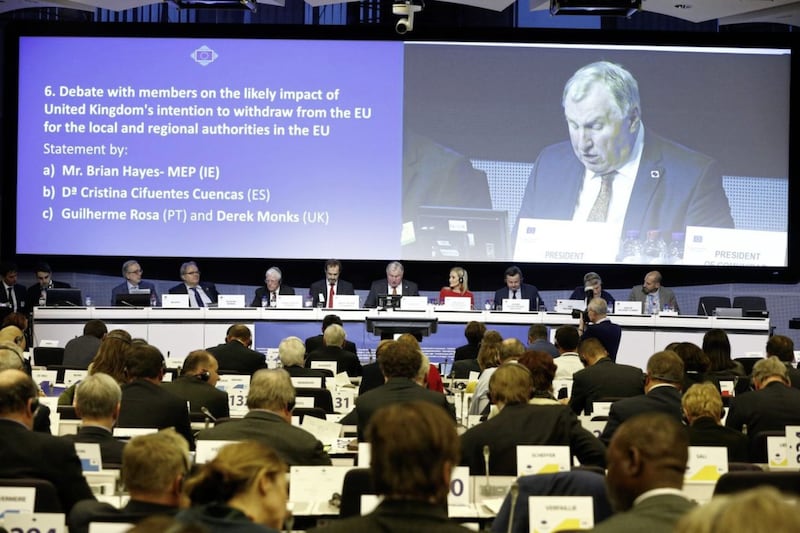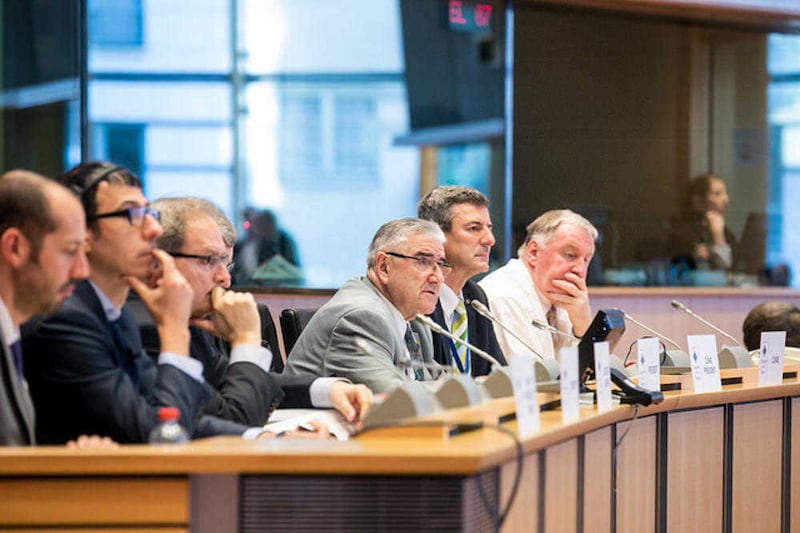THE UK's departure from the EU poses a major threat to fragile coastal economies and communities across the Atlantic region and could lead to job losses in Northern Ireland's "blue economy".
A senior politician in the Republic has acknowledged in Brussels that Europe is "about lose a major maritime nation and big investor in the marine economy and research".
And Jerry Lundy, a member of Sligo County council, is urging the EU to reinforce its still-young Atlantic strategy and to allow regions like Northern Ireland to continue to take part in future EU programme, just like its counterparts in Norway and Iceland.
Lundy was moving a motion at the European Committee of the Regions, the EU's assembly of regional and local representatives from all 28 member states, set up in 1994 to involve grassroots elected representatives in the EU's decision-making process.
He said: "We've now had the EU Atlantic strategy and its action plan for almost five years, and it has helped regions recover from the economic crisis and to preserve the marine and coastal eco-system, but we need to update and strengthen the plan.
"With Brexit, we in the Atlantic region are about lose a major maritime nation and investor. For ease and for the strategy's credibility, we think that dedicated funding is needed, rather than obliging communities to search for support across the EU's funds.
"We're looking at cooperation between the five Atlantic states in terms of jobs creation, tourism, fisheries, sustainable energy and most of all funding."
Mr Lundy added: "I know that in Ireland, north and south, our coastal communities have suffered in recent years from being on periphery of Europe, Must be addressed.
"We need to continue the work of rejuvenating our coastal regions. You can't have an economy if you don't have a community. You can't keep renewing your community if you don't have an economic plan that will keep them there. So you need to make sure that skills, heritage and folklore of your community are not lost, and you need to keep investing in young people and new jobs."
Emphasising the potential for a revitalisation of coastal regions, he said: "Instead of looking downwards – for coal, gas and oil, as we did in the past - let's look up at the wind, sun and waves producing sustainable and clean energy.
"Training, skills and good roads are important, but also broadband. A lot of companies that would set up business along the coastline need to get their products to the market and need good connectivity. If we fulfil these conditions I'm confident we can create more jobs in coastal regions."
Mr Lundy made specific mention of the Wild Atlantic Way, a coastal odyssey running more than 1,500 spectacular miles from the north Antrim coast to Cork.
"We are developing the Wild Atlantic Way to encourage tourists and entrepreneurs to visit and invest," he said.
And he insisted: "The Brexit talks cannot be divorced from the maritime sector, because we have to remember that the UK is one of the EU's leading exporters of seafood, and from an Irish perspective, it's crucial to Europe."
The recommendations, which were adopted by the EU's assembly for local and regional leaders, also urge Ireland, France, Spain and Portugal to respond to the UK's withdrawal from the EU by cooperating more closely on maritime issues to fill possible gaps science and innovation, surveillance, defence, ocean energy and maritime investments.
In its opinion, the Committee of the Regions (CoR) described the potential consequences for the Common Fisheries Policy of the UK's departure as alarming, warning of smaller catches of fish, distortion to competition, and threats to biodiversity.
The CoR has 350 members and 350 alternates, all of who either hold an electoral mandate or be politically accountable to an elected assembly in their home regions and cities.






